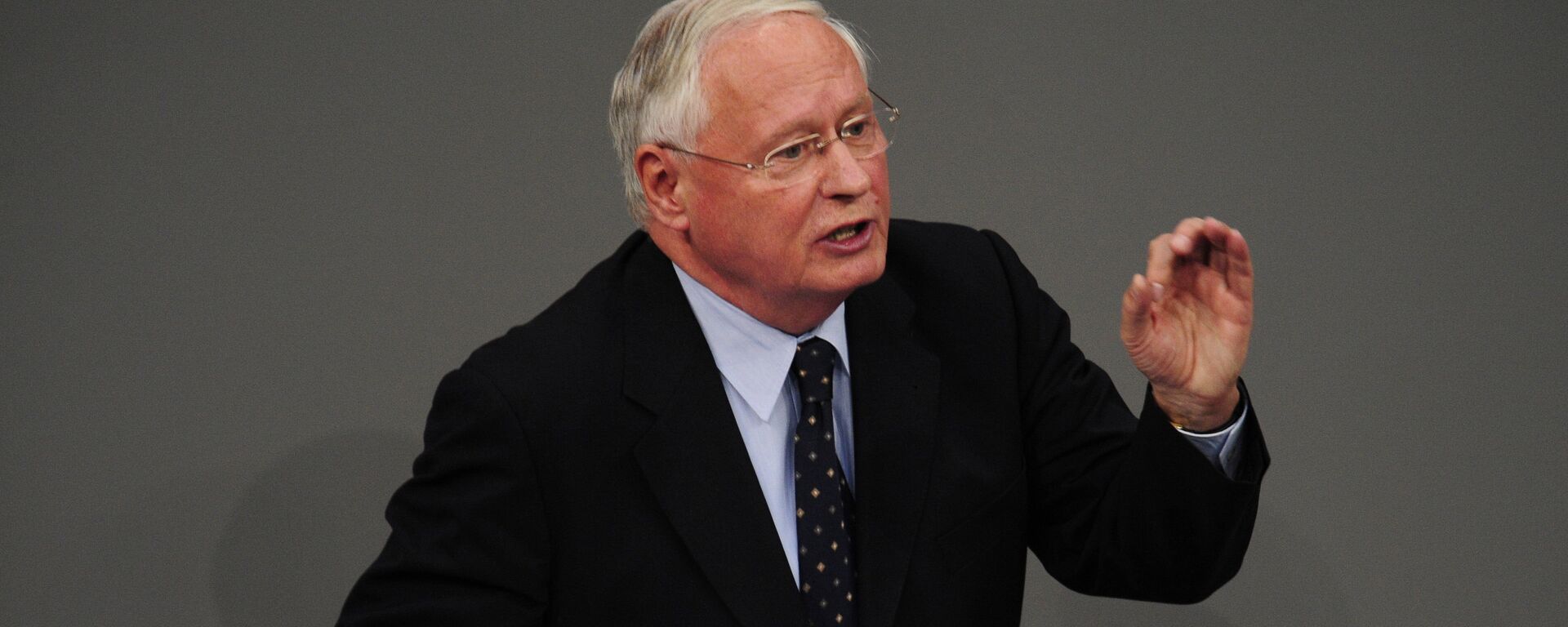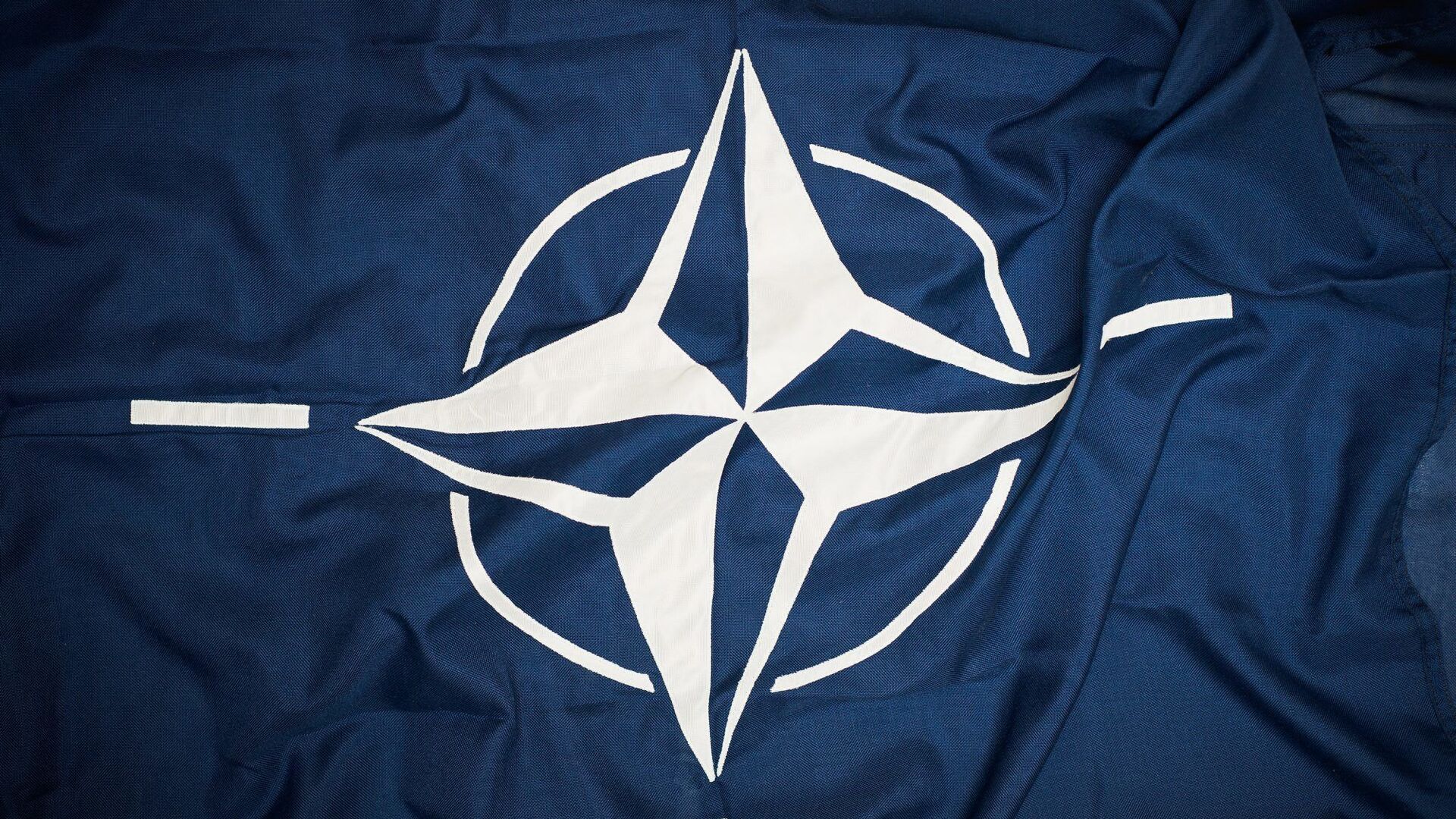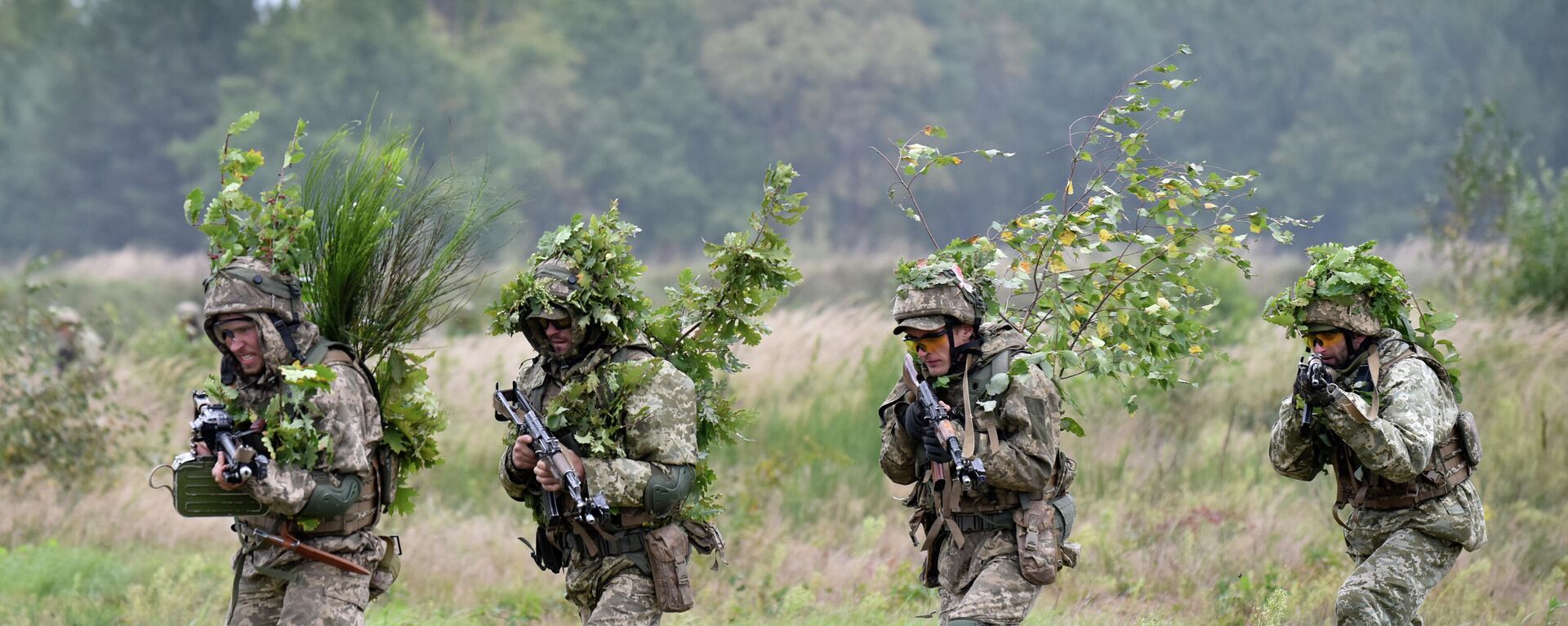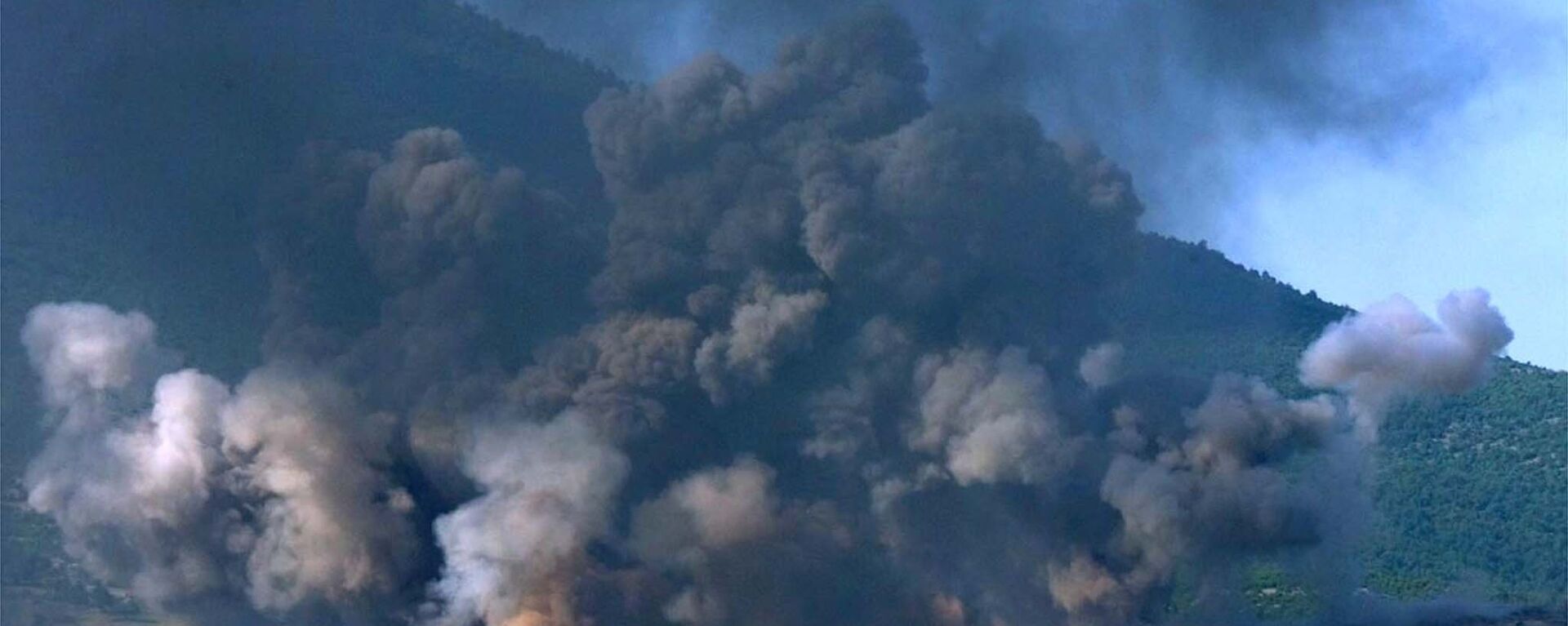NATO Adds ‘Fuel to the Fire’ in Bucharest, Would Be Termed Criminal Org in Nuremberg Trials- Experts
Subscribe
At a summit in Bucharest, Romania, earlier this week, the NATO allies recommitted themselves to supporting Ukraine in its struggle against Russia, although not to supplying Kiev with more advanced weapons systems, such as the Patriot air defense missile battery.
It also renewed a pledge, first made in the Romanian capital in 2008, to add Ukraine and Georgia, two former Soviet republics, to the NATO alliance.
However, NATO Secretary-General Jens Stoltenberg noted that possibility was far in the future, and advised Kiev to focus on fighting Russia, rather than joining the alliance.
“The perception of NATO as a legitimate alliance is largely a result of public relations,” Professor Alfred de Zayas, former UN Independent Expert on International Order and author of 10 books including “Building a Just World Order,” told Sputnik on Wednesday.
“Observers have already indicated that because of NATO's aggressive wars, war crimes and crimes against humanity in Yugoslavia, Afghanistan, Iraq, Libya and Syria, because of the involvement of NATO forces in torture and ‘extraordinary renditions’ in violation of the Geneva Red Cross Conventions, NATO could very well be considered a ‘criminal organization’ for purposes of Articles 9 and 10 of the Nuremberg Statute, which found the Nazi SS and the Reichssicherheitshauptamt to be criminal organizations,” he said.
De Zayas said that when NATO reconfirmed in Bucharest its 2008 pledges to Georgia and Ukraine to allow them into NATO, it confirmed that NATO “is not interested in co-existence and de-escalation, but persists in its hegemonic, aggressive attitude.”
He noted NATO’s behavior since February has violated multiple statutes in its own constitution, to say nothing of other international treaties and agreements regarding war and peace.
“NATO's intransigent posture, as evidenced in the Bucharest meeting, constitutes a further provocation of Russia and is contrary to the letter and spirit of the UN Charter. In particular, Article 2(4) of the Charter prohibits not only the actual use of force, but the threat of its use. NATO's strategy of encircling Russia, as the US attempts to encircle China, the 800 US military bases worldwide, constitute a further menace to international peace and security for purposes of Article 39 of the UN Charter. Hence, Russia and China have a legitimate concern, as has been articulated repeatedly in the UN Security Council,” he said.
“NATO has not been a ‘defensive alliance’ for decades, at least since the dissolution of the Soviet Union and the Warsaw Pact. US President Bill Clinton's decision in 1997 to expand NATO eastwards, in contravention of assurances given to [former Soviet President] Mikhail Gorbachev, clearly transformed the alliance into an offensive alliance that would threaten other states.”
“This expansion was condemned by US diplomat par excellence George F. Kennan, the father of the ‘containment’ doctrine of the Cold War. In a critical essay that appeared in the New York Times, Kennan considered NATO expansion to be a provocation,” de Zayas noted, listing several other scholars and diplomats who said so, including former US Secretary of State Henry Kissinger.
“Barely 2 years after Clinton's decision, NATO confirmed itself as an offensive alliance, when it committed naked aggression against Yugoslavia, a country that was not threatening any other NATO member. The 1999 war against Yugoslavia was a gross violation of article 2(4) of the UN Charter and certainly constituted a ‘crime against peace’ for purposes of the 1945 Nuremberg Statute, and [would have been a] violation of Article 5 of the Statute of Rome, which entered into force three years later, in 2002. The US and EU overt and covert involvement in the coup d'état against the democratically-elected president of Ukraine, Viktor Yanukovych, in 2014 constituted a violation of the principles of non-intervention and non-interference in the internal affairs of other states, as laid down in countless General Assembly Resolutions, including 2123, 2625 and 3314.”
De Zayas pointed out that the UN charter obligates all states to seek out peaceful solutions to disputes, even after armed conflict has broken out - something NATO has totally refused to do in Ukraine.
“This obligation to negotiate requires a compromise - a quid pro quo - and does not accept ‘victory or death’ or any demands of ‘unconditional surrender’. Prolonging a war by refusal to negotiate entails both a crime against peace and a crime against humanity, especially in a situation where the peace and security of the entire planet is at stake, considering the growing danger of nuclear confrontation.”
Professor Wang Yiwei, director of the institute of international affairs at Renmin University of China, also told Sputnik that NATO seemingly does not want the Ukrainian crisis to be resolved, so it continuously “adds fuel to the fire.”
“There is room for détente in the (conflict) between Russia and Ukraine, but, contrary to wishes, NATO is now continuously adding fuel to the fire and driving a wedge between parties,” he explained. “Whether it is the issue of Ukraine's admission to NATO, or the current continuous support of the country through military assistance, all this leads to a prolongation of the conflict, which could have been avoided in the first place.”
Wang stressed that behind the five rounds of NATO’s eastern expansion since the end of the Cold War and dissolution of the Warsaw Pact was the same spirit of expansion that drove the Roman Empire in ancient times and Christian fundamentalism in subsequent centuries.

28 November 2022, 16:47 GMT
NATO “always needs to keep creating social conflicts. Ukraine was originally a bridge and a connecting link of civilizational contacts between the East and the West, and now it is increasingly becoming the front line of confrontation,” he pointed out. “NATO, in the depths of its soul, cannot respect Russia: in general, it considers Russia to be the loser in the Cold War, so the alliance can definitely refuse the words about ‘not expanding NATO even an inch.’"
The professor said NATO, which controls three of the five permanent seats on the UN Security Council (France, UK, US), is still trying to break free from the “shackles” of World War II, when its allies against fascism included the Soviet Union and Republic of China - whose permanent UNSC seats were inherited by their successor states, the Russian Federation and the People’s Republic of China, respectively. This, he said, has “led to their inability to control the whole world.”
However, at the heart of NATO’s militaristic drive is a series of powerful corporations that control America’s energy, digital, and military-industrial fields, and exert great influence over the alliance.
“The military-industrial large companies can sell weapons in the process of expanding [NATO] to the East. The financial oligarchy, in turn, hopes to export inflation through war, as part of the policy of increasing the interest rate by the United States; control their wealth; move finances and capital from Europe to the US; as well as to move production from Europe to the US, thereby further weakening Europe,” he said.




